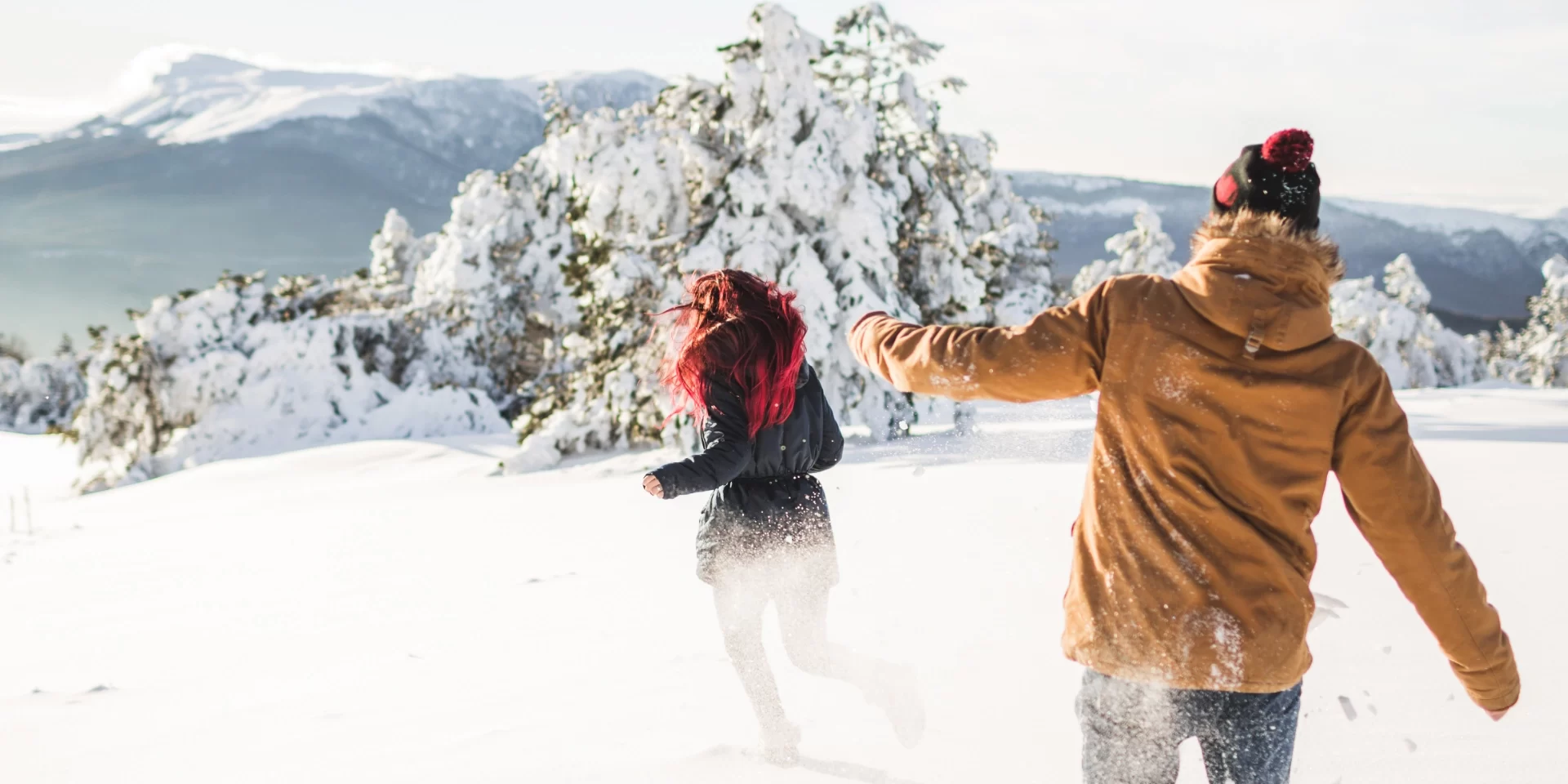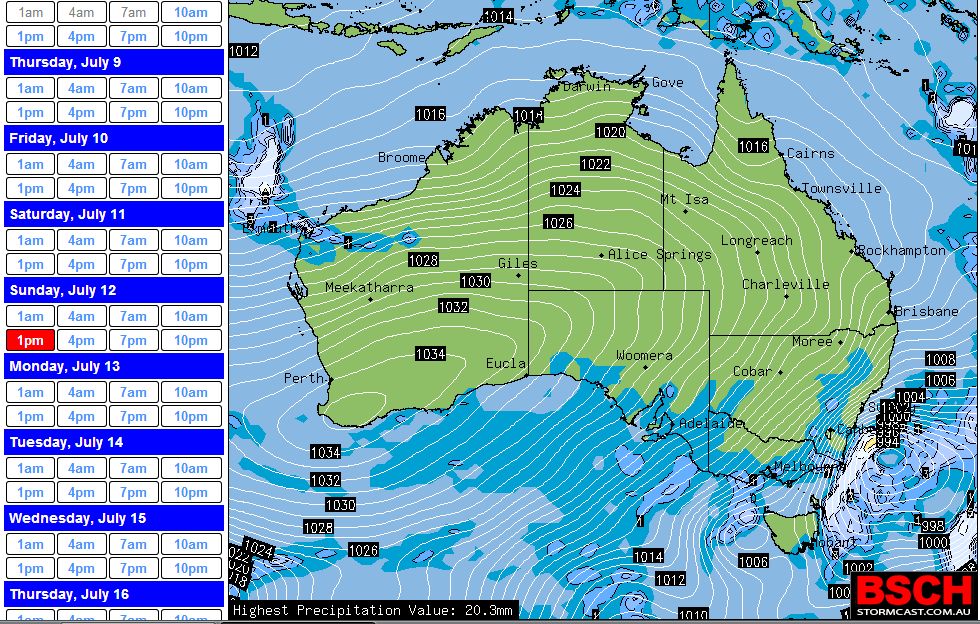Discover the Best Places to Experience Snow In Australia for a Breathtaking Winter Getaway
Discover the Best Places to Experience Snow In Australia for a Breathtaking Winter Getaway
Blog Article
The Various Kinds Of Snow in Australia and Their Influence On Winter Season Sports
Australia, understood for its sun-soaked beaches, is also home to a varied variety of snow conditions that considerably influence wintertime sports. Each type, from the damp seaside snow to the completely dry indoor powder, offers unique obstacles and advantages for athletes. An understanding of these variations is vital for those seeking to browse the Australian slopes, as each calls for various strategies and resilience. The following expedition will discuss the implications of these snow kinds on winter season sporting activities performance.

Understanding the Qualities of Different Snow Types
While lots of presume that snow is an uniform entity, it is vital to recognize that there are different types, each with special features. In Australia, these variants are particularly obvious because of climatic diversity. Coastal snow, found in areas such as the Snowy Hills, is commonly wetter and denser due to high moisture web content, making it optimal for snowball battles or developing snowmen. On the other hand, the snow discovered in the interior regions like the Australian Alps is drier and lighter, commonly compared to a cosy powder. These differences in snow kind aren't just aesthetic; they significantly influence winter sporting activities, dictating the convenience of activity, the rate obtainable, and the degree of control called for from professional athletes.
The Impacts of Powder Snow on Snowboarding and Snowboarding
Despite its light and fluffy look, powder snow in the Australian Alps offers both distinct difficulties and opportunities for winter season sporting activities fanatics, specifically those participated in skiing and snowboarding. The loose, dry nature of powder snow can at first be tough to navigate for newbies, calling for careful equilibrium and control. Nonetheless, for more experienced specialists, the soft, untracked snow provides a thrilling experience, allowing for dynamic and active activity. The smooth and flexible surface of powder snow likewise minimizes risk of injury during drops, making it a favored option for extreme winter months sporting activities. It's worth keeping in mind, the differing depth and unforeseeable nature of powder can often lead to covert barriers, calling for consistent caution.

The Difficulties and Advantages of Jam-packed Snow in Wintertime Sports
Shifting focus from the loosened, completely dry powder snow, an additional common kind of snow in the Australian Alps is stuffed snow, presenting its very own collection of difficulties and advantages in the world of winter months sporting activities. This denser, extra solidified type of snow gives a much faster, slicker surface area, profiting sporting activities like downhill skiing and snowboarding, boosting speed and accuracy. The same characteristics likewise existing difficulties. Its tough surface area can be dangerous, boosting the capacity for injuries during drops. Moreover, controlling and navigating turns speed can be challenging on jam-packed snow, requiring higher skill degrees from athletes. Despite these challenges, loaded snow remains an important element in numerous winter sporting activities, forming the performance and techniques of athletes.
The Role of Damp Snow in Australian Winter Seasons Games
In contrast to the dense, slick surface of stuffed snow, damp snow plays an entirely different duty in right here Australian winter video games. Does Australia Get Snow. Its malleability makes it ideal for snow sculpting events and for fortifying snow frameworks in sports like snow fort battles.

How Slushy Snow Affects Wintertime Sports Performance
Proceeding the exploration of differing snow conditions in Australia, the influence of slushy snow on wintertime sports is an additional intriguing element. Slushy snow, resulting from warmer temperature levels or straight sunlight, postures unique difficulties to professional athletes. Thus, slushy snow transforms the winter sports landscape, requiring not just increased physical exertion from professional athletes yet likewise a better focus on security precautions.
Adjusting Winter Sports Techniques to Different Snow Problems

Final Thought
In conclusion, Australia's diverse snow types significantly impact winter months sports performance. Each type, from the glossy coastal snow to the drier indoor powder and the heavy, sticky damp see here now snow, offers unique obstacles and benefits.
Moving emphasis from the loosened, completely dry powder snow, an additional prevalent kind of snow in the Australian Alps is packed snow, presenting its own collection of obstacles and benefits in the realm of winter sporting activities - Does Australia Get Snow.In comparison to the thick, glossy surface of stuffed snow, wet snow plays a completely different role in Australian winter months games. Its malleability makes it perfect for snow sculpting events and for fortifying snow frameworks in sporting activities like snow fort fights.Continuing the exploration of varying snow redirected here conditions in Australia, the impact of slushy snow on winter sporting activities is one more fascinating variable. Each type, from the glossy coastal snow to the drier indoor powder and the hefty, sticky wet snow, presents one-of-a-kind obstacles and advantages
Report this page